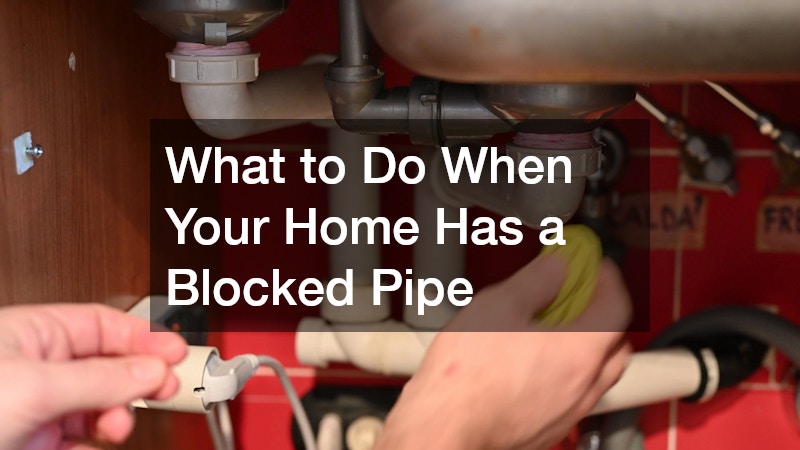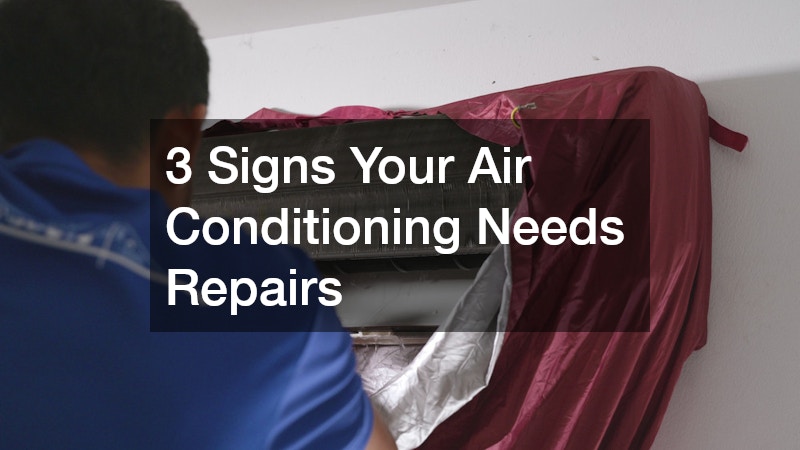A blocked pipe can cause stress in any household, especially when it disrupts your daily routine. Water that refuses to drain, unpleasant odours or gurgling sounds in the plumbing are early signs that shouldn’t be ignored. Many homeowners hope the problem will clear on its own, but leaving it too long often makes the situation worse. Acting quickly can prevent damage to your home and save you money in the long run.
When dealing with plumbing problems, it helps to know what steps you can take before calling a professional. Some issues are minor, such as food scraps caught in the kitchen sink or soap buildup in the shower drain. Others, however, may point to a more serious blockage further down the line. By understanding what to look for, who to call and how to stop the issue from returning, you can stay ahead of the trouble. This guide explores practical ways to respond when your home faces a blockage, with advice that applies to households of all sizes. Whether you live in a busy family home or a smaller apartment, these tips can help you keep your plumbing in good order.
Check for Water Backups
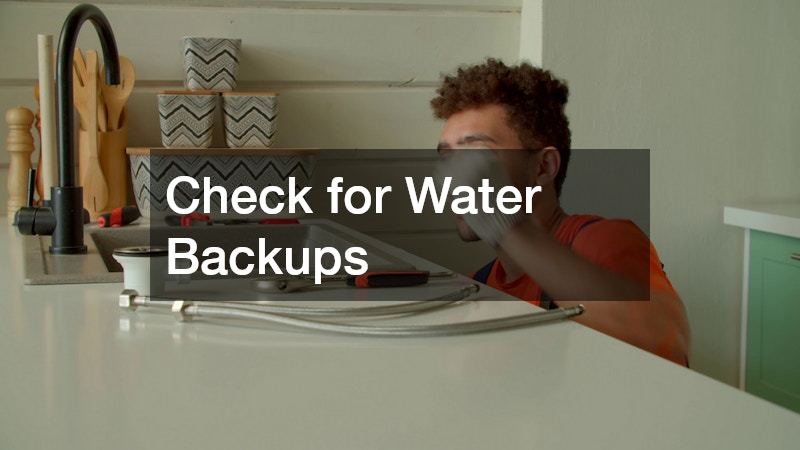
One of the first things you should do when you suspect a blocked pipe is to check for water that isn’t draining properly. Slow-moving sinks, bubbling toilets or pooling water in the shower are common indicators. These problems might seem minor at first, but they often hint at a clog forming deeper in the pipes. Paying attention to these signs can help you identify the issue early, before it develops into something that disrupts your entire plumbing system.
Think of this step like scheduling septic cleaning. Just as you maintain your septic system to avoid costly repairs later, keeping an eye on early drainage issues helps you address problems before they escalate. If water keeps backing up despite basic attempts to clear it, it’s time to call for help. Using a plunger or drain cleaner may solve minor clogs, but ongoing issues usually point to a more serious underlying blockage.
Call in the Right Help
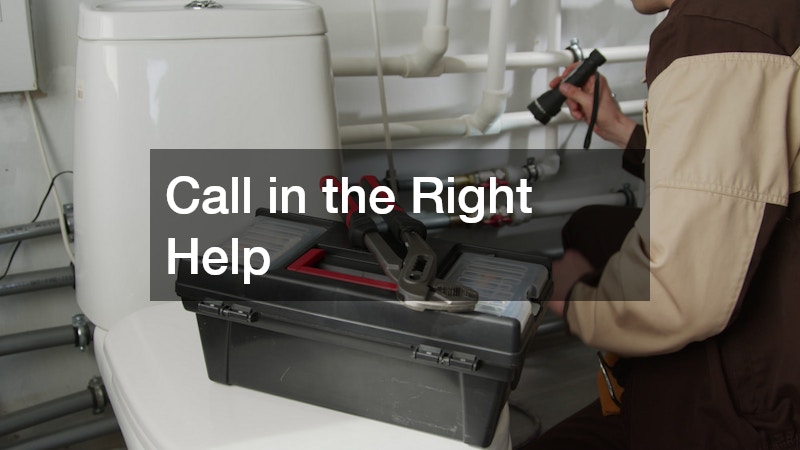
When a blockage refuses to clear, calling in the right professional is essential. While it might be tempting to keep trying different store-bought solutions, persistent clogs usually need expert attention. A licensed plumber has the right tools to diagnose where the blockage sits and how severe it is. Ignoring the problem risks worsening the damage, which could lead to burst pipes or water leaking into walls and floors. By contacting a professional early, you can save both time and money.
Choosing the right expert is much like arranging proper backflow prevention. You need someone skilled, reliable and capable of protecting your home’s water supply from contamination. A good plumber doesn’t just clear the blockage; they explain the cause and advise you on preventing future issues. They may use equipment such as drain cameras to locate the problem or water jets to break down stubborn clogs. By getting the right help, you’re ensuring your plumbing system remains safe and functional.
Prevent Future Issues
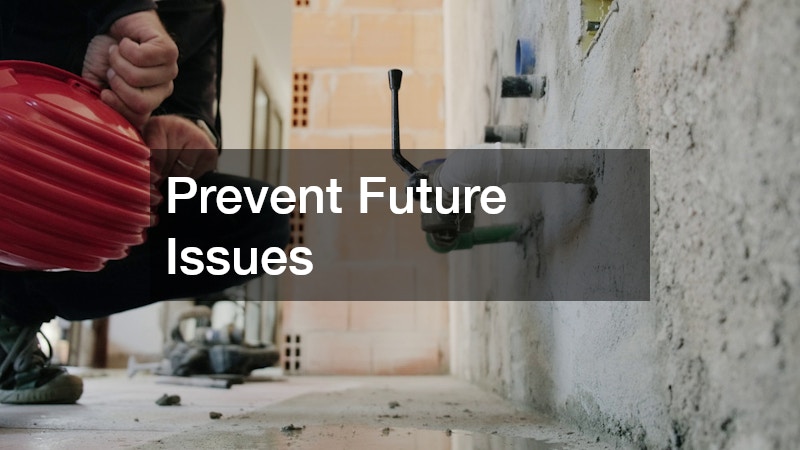
Once your pipes are clear, it’s important to take steps to prevent the same problem from returning. Everyday habits play a big role in keeping drains flowing freely. Avoid pouring grease down the sink, limit the amount of food waste that goes through the drain and use a strainer to catch hair in the shower. Regular cleaning helps reduce buildup, while being mindful of what you flush or wash away will keep your system working as it should. Prevention is always easier than dealing with another blockage down the track.
Think of it like dealing with a blocked drain outside your home. You wouldn’t ignore water pooling in your yard, so you shouldn’t ignore the small things inside that can clog your system. Simple measures like running hot water after washing dishes or using natural cleaning solutions can make a big difference over time. Routine checks from a plumber are also helpful, especially if you live in an older property. These steps keep your home’s plumbing efficient and save you from repeated disruptions.
Conclusion
Dealing with a blocked pipe can be frustrating, but knowing the right steps makes the process more manageable. By checking for signs of water backups, calling in trusted help and taking measures to prevent future blockages, you can protect your home from unnecessary damage. Like many household issues, acting early and seeking the right support is key. With a proactive approach, you’ll keep your plumbing in good order and enjoy the peace of mind that comes with a well-maintained home.

